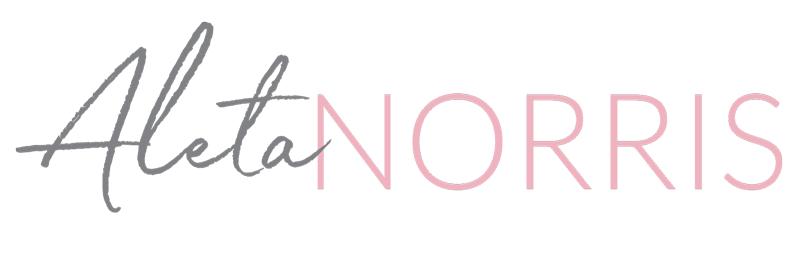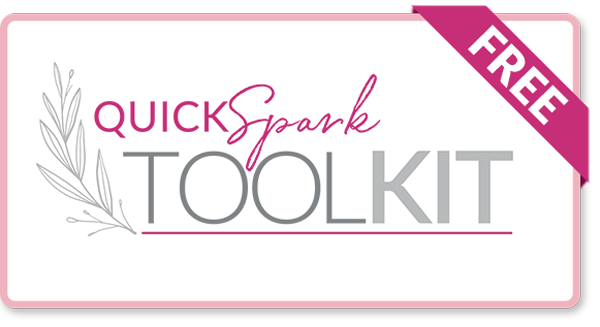In 1988, I was 25 years old and had just begun a transition from working as a sales rep for a national check printing company to working as an independent contractor in the training and development industry.
And I was lucky enough to have a mentor without even knowing what a mentor was.
First, a bit of background: Fresh out of college, I began working as a sales rep in Dallas, Texas.
During my four years with this organization, I attended sales training three or four times a year at the corporate office in Atlanta. Corporate training was new to me, and I was enthralled. During one particular workshop, a few years into my employment with the company, I was watching the two trainers at the front of the room, and I had a crazy thought: “I want to do what they do.”
This was a seed that was planted.
I am a risk taker and somewhat impulsive. So, shortly after, I took the leap, went back to grad school to retool and connected with two opportunities to start my new career in corporate training and development.
I became part of a team of independent contractors for an international training company. The local agency team I worked with invested in my becoming certified to teach a number of the workshops. I began working as a trainer almost immediately.
Meanwhile, at the same time, I landed upon an opportunity to work two days a week for a consultant in the Organizational Development space. Organizational Development is, in simple terms, the study of human behavior and change. Corporate training often falls under the umbrella of organizational development.
And in the midst of all of this, I was VERY inexperienced. I was fortunate to stumble into a mentor/mentee relationship, quite by accident. This experience was extremely important to my being where I am today in my work. I encourage you to have a mentor if you aspire to grow in your career.
Five ways to work with a mentor
1. Decide you want to have a mentor.
The first step to working with a mentor, as with almost anything, is to decide you want to have one.
If you’re driven toward future success, having someone on your team who can help you see what you can’t see on your own is a good first step.
As I shared, I didn’t even know what a mentor was when I was 25 years old. Looking back, I realize now that the role my boss played in my career was as a mentor. The way in which this happened will become clearer in step two.
Today, there is much more information shared, proactively, about the mentor/mentee relationship, so you will have the information you need to be more intentional about this than I was.
If you have high aspirations for future success, your decision to have a mentor will be a good one.
2. Have a general vision of where you’re headed in your future.
I mentioned I worked two days a week for an organizational development consultant. His name was Curtiss. I knew very little about this broader body of work. As I observed Curtiss each day, I learned more and more. This is also what I was studying in my Master’s program, so I found tremendous benefit in merging the academic with the day-to-day application.
While I was in my office managing the sales and marketing of one of the assessments Curtiss had created, he would pop his head in my door to say, “See you later. I’m heading over to __(insert name of large company)____.”
Every once and awhile, he’d invite me to go along. And, every time, I loved what I heard. I even found myself wishing I were already 45 years old, equipped with this level of credibility.
My vision was born. I knew, “One day I want to be him. I want to be the seasoned consultant who is hired by companies to help solve their issues and pave the way for excellence.”
And, of course, I couldn’t imagine that actually coming true.
3. Ask
As I look back, in fairness to what I’m sharing, I didn’t ask Curtiss. This mentor/mentee relationship emerged organically. Anytime we went out for lunch or attended a conference or traveled in the car to see a client, I peppered him with questions.
I wanted to know how he got into this work, what kind of education he had, how he landed clients, what was difficult, what was easy, what he enjoyed, what he didn’t enjoy.
It helped me that he loved talking about all of these things.
Back to you! When you’ve identified who might be a good fit for you, simply ask. “Would you be my mentor?”
This will beg the question, “What would that look like?”
4. Keep things informal and flexible.
It is likely your mentor is a busy person. Well, let’s face it, almost everyone is.
I encourage you to keep this simple. A mentor relationship is more informal than one you have with your immediate boss or even someone who is working with you as a coach.
Mentor relationships typically involve monthly or quarterly touch bases. You will be responsible for handling all communication and scheduling. And, you will remain completely flexible for the scheduling demands of your mentor.
In other words, you will make this easy.
5. Do the work.
Make sure each time you show up for your mentoring conversation, you have the framework for the conversation in place.
Be sure to have an answer when your mentor asks, “What would you like to talk about today?”
Ideas you could draw from:
- When did you know this is what you wanted to do?
- What were the initial steps you took to move in this direction?
- What helped you along the way?
- What obstacles did you face?
- What successes did you experience during your journey?
- Did you ever feel like your vision would not come to fruition?
- Were you ever tempted to give up?
- What additional education did this require?
- What mistakes did you make along the way?
In any one meeting, you will likely zero in on one or two of these questions. It will be more helpful if you go deeper on a couple of topics rather than touching the surface of several.
Your mentor will be an important part of your future success. Build this into your intentional success strategy, and you will maximize your potential for a great future.
Prefer to listen to these ideas instead of reading them? Visit my YouTube channel for similar content!
Join my Women Who Spark Tribe Facebook Community to become part of a supportive group of women….seeking positivity and productivity in life, just like you.
If you’d like to contribute your thoughts to my research on women’s fulfillment, you can find my survey at aletanorris.com/tribe.




No comment yet, add your voice below!